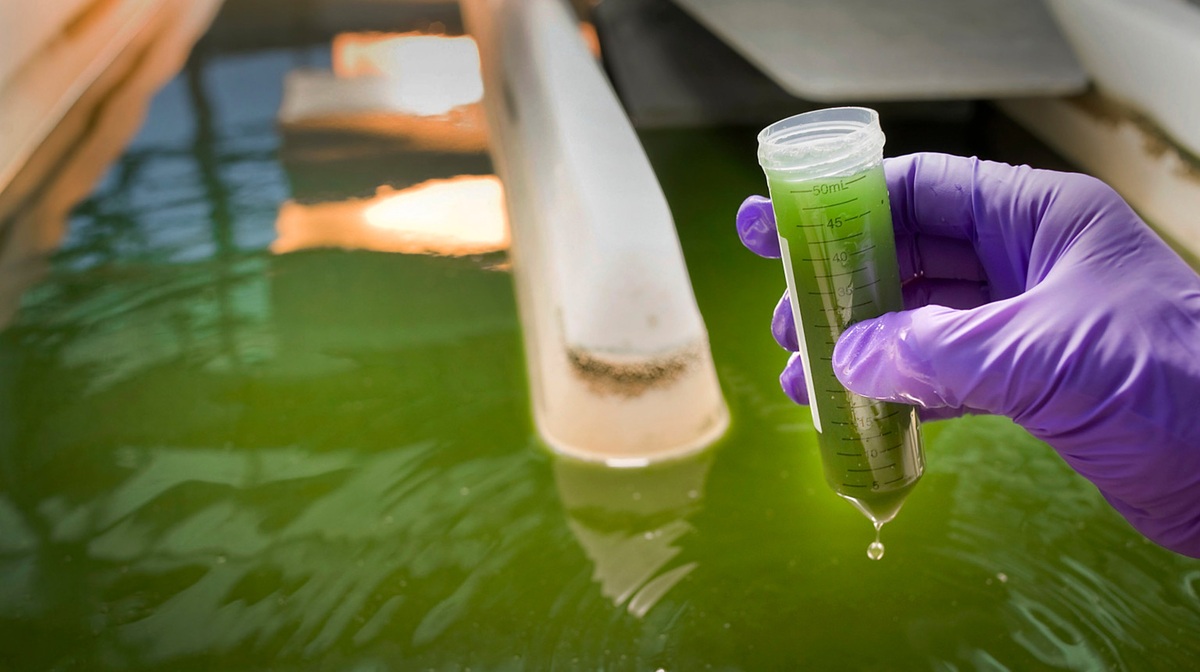Islamic Azad University’s Science, Technology Branch Finds New Way for Microalgae Synthesis, Wastewater Treatment

“The first activity of our laboratory network in the field of bio-membrane reactor is algae synthesis,” Esmayeel Ranjbari told ANA.
“We synthesize and cultivate microalgae; these microalgae are used in two areas; first, in the food industry; and second, in separation of heavy metals in the production chain of agricultural products,” he added.
Ranjbari elaborated on the treatment of industrial effluents in the laboratory network by using nanotechnology, and said, “The effluents of oil power plants and petrochemical plants contain heavy metals which are all harmful to the environment. To settle this problem in the laboratory, we used nanotechnology to obtain a substance that separates harmful wastes based on flocculation method in less than 30 seconds.”
“The advantage of this method is that the purified wastewater which is in the solid form can be reused in the agricultural industry and the remaining solid part of the wastewater is also used in the polymer industry,” he noted.
In a relevant development in May, researchers of an Iranian knowledge-based company succeeded in producing anti-cancer biological pigments with application in food industries.
“The main activity of our knowledge-based company is processing the spirulina algae. The spirulina algae is cultivated as liquid and powder, and liquid algae is added to the soil as biological fertilizer,” Javad Karimi, the managing director of the knowledge-based company stationed at the science and technology park of Fars province, told ANA.
“The powder of this algae is used as feed for livestock, fish, and even for humans in bodybuilding,” he added.
Karimi described the new and distinctive activity of his company as the extraction of ‘phycocyanin’ pigment, saying, “This pigment has nutritional value and can be used as medicine and actually food supplement. Extracting this pigment from the original material is very important, and our researchers have found that a high percentage of this pigment can be extracted from spirulina algae.”
“The anti-cancer properties of this pigment were also studied in our company and we have gained good results. This pigment is supposed to replace chemical colors, even in cosmetics. Arsenic, lead and cadmium in cosmetics are very dangerous and we were able to produce the pigment biologically to replace them,” he underlined.
4155/v





















